
Skin Concierge
Mineral sunscreens: How they differ from chemical sunscreens
Powerful, natural protection for sensitive skin
Choosing the right sunscreen is crucial to protecting our skin from harmful UV rays. In addition to conventional chemical sunscreens, there is a natural alternative that is not only highly compatible, but also beneficial to our environment: mineral sunscreens.
Mineral sunscreens differ from conventional sunscreens in the way they work and the ingredients they contain. Instead of organic chemical filters, they contain mineral particles such as zinc oxide to provide broad-spectrum UVA and UVB protection. This natural mechanism makes mineral sunscreens ideal for sensitive skin and children’s delicate skin.

How does mineral sunscreen work?
Mineral sunscreens work on the principle of physical reflection. The mineral particles of zinc oxide or titanium dioxide act as effective physical blockers of both UVA and UVB rays due to their natural properties. They form a protective layer on the skin that reflects or scatters sunlight rather than allowing it to penetrate the skin. As a result, a significant proportion of harmful UV rays are kept away from the skin.
In contrast, sunscreens with organic-chemical filters contain carbon compounds such as oxybenzone, octinoxate, octocrylene or avobenzone. These compounds absorb UV rays and convert them into heat. Skin irritation and other allergic reactions can occur as chemical UV filters and their by-products penetrate deeper into the skin.
*Zinc oxide is often the main ingredient in mineral sunscreens. It is a white, fine powder consisting of zinc and oxygen with the ability to reflect and scatter ultraviolet (UV) rays. In non-nano size zinc oxide, such as used in our Sensitive Mineral Sunscreen, the particles are not small enough to penetrate the skin.
Why conventional sunscreens may cause concern
Chemical UV filters provide safe and effective protection, as do mineral sunscreens. However, there are some concerns about their impact on health and the environment.
In addition to the risk of skin irritation and allergic reactions, studies have shown that certain chemical filters can interfere with the body’s hormone balance and potentially cause endocrine disruption. Oxybenzone, in particular, is suspected of interfering with the functioning of the endocrine system, as it can have a similar effect to the hormone oestrogen in the body.
When chemical sunscreens enter the water through swimming or sewage, they can have a negative impact on fragile ecosystems, contributing to pollution and water quality degradation. They can also be toxic to various marine organisms, affecting the growth, reproduction and development of fish, algae and shellfish. Some chemical UV filters, such as oxybenzone and octinoxate, have even been linked to coral bleaching, posing a serious threat to precious coral reefs.
In our High Protection Sun Cream SPF30, Ultra Light Sun Block SPF50+ and Cellular Protection Hand Cream SPF10, we use a combination of mineral and reef-friendly, environmentally friendly chemical-organic filters.
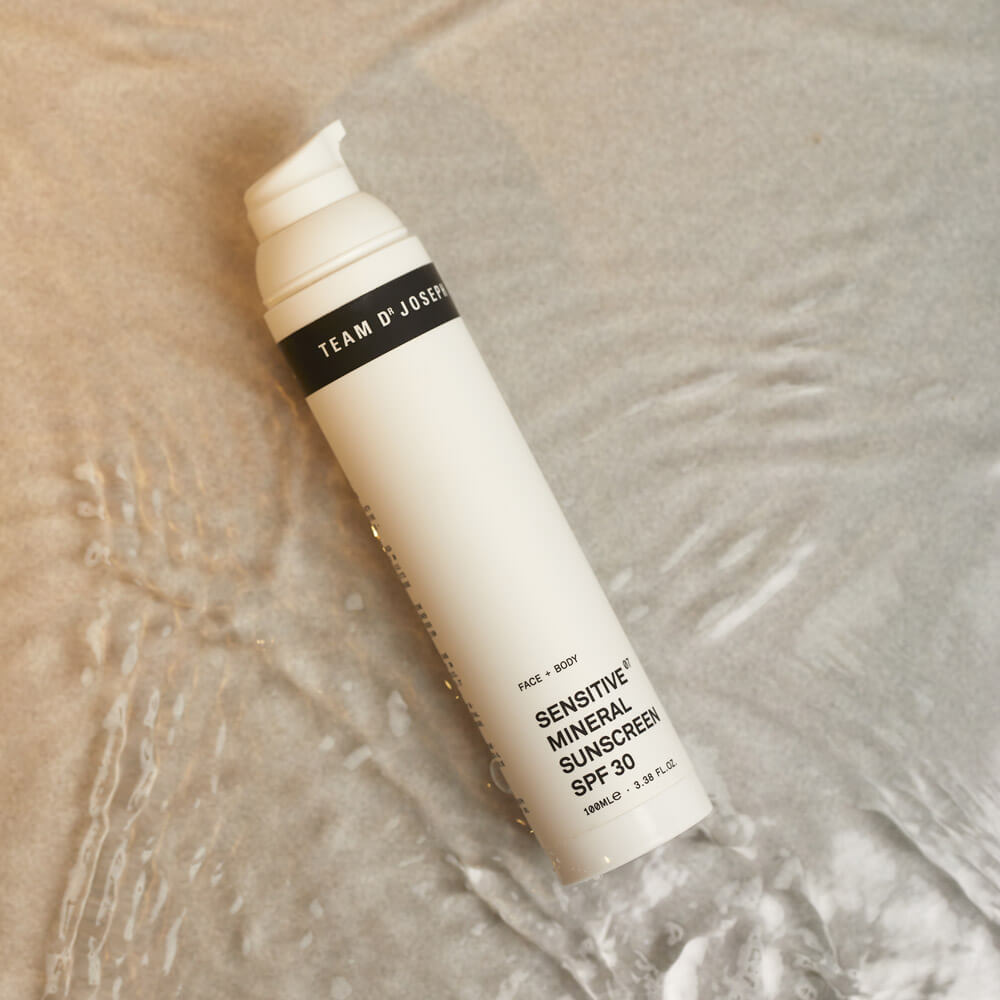

The benefits of mineral sun care
Safe
Mineral sunscreens provide reliable and effective broad-spectrum protection against UVA and UVB rays. High SPF (SPF 30 or SPF 50) and broad spectrum sunscreens help to minimize both short and long term damage from UV rays and maintain skin health.
*UVA rays have a longer wavelength and penetrate deeper into the skin than UVB rays. They are present all year round, even on cloudy days, and can penetrate glass. UVA rays contribute to premature skin ageing and pigmentation by affecting collagen and elastin production and causing oxidative damage. They are a major cause of sun allergies and play a significant role in the development of skin cancer. UVB rays have a shorter wavelength and do not penetrate the skin as deeply as UVA rays. They are more intense on sunny days and during the summer months and are the main cause of sunburn, but also contribute to skin cancer.
Well tolerated
Compared to chemical UV filters, which can be irritating or allergenic, mineral sunscreens contain minimal irritating ingredients and are ideal for all skin types, including sensitive and children’s skin. Mineral sunscreens remain on the surface of the skin without penetrating it. In addition, zinc oxide helps to soothe skin irritations.
Photostable
Zinc oxide is more photostable than organic-chemical UV filters. This means that it retains its effectiveness over a longer period of time, even when exposed to sunlight. It’s important to note that any type of sunscreen should be applied liberally several times a day, especially after swimming, towel drying and sweating, to maintain safe and lasting protection.
Powerful
Mineral sunscreens work as soon as they are applied to the skin. Chemical sunscreens, on the other hand, typically take 15 to 30 minutes to penetrate the skin and become effective.
Transparent
Mineral sunscreens used to have a reputation for leaving a white film on the skin and feeling heavy and greasy. Fortunately, this is no longer the case. Thanks to special manufacturing processes, transparent zinc oxide is now available, and formulations have improved significantly in recent years. Our purely mineral sunscreen with a lightly tinted formula is easy to apply, absorbs quickly and provides a unique skin feel without the traditional white cast.
Environmentally friendly
By using a mineral sunscreen, you are not only protecting your skin, but also our environment. With no risk of harmful ingredients leaching into the environment and waterways, mineral sunscreens are the greener choice.
The best ingredients for natural sun care
During the summer, our skin faces special challenges. The intense rays of the sun, heat and dry air can stress and dehydrate the skin. Nature provides a wealth of valuable ingredients that can help protect and nourish our skin during the summer.

Zinc Oxide: Natural UV Filter
Transparent non-nano zinc oxide effectively protects the skin from damage caused by UVA and UVB rays, preventing photo-aging and pigmentation. It also has soothing and calming properties. Due to its anti-inflammatory properties, Zinc Oxide helps to reduce skin irritation, soothe redness and aid healing, such as sunburn or insect bites.
Buddleja: Moisturizer
Buddleja protects the skin from the negative effects of the entire light spectrum, including blue light (from digital devices) and infrared light. It also acts as an antioxidant and has a soothing and regenerating effect on the skin. It can neutralize harmful free radicals and reduce redness and irritation. Buddleja supports the skin’s moisture barrier by helping to hydrate and reduce transepidermal water loss.
Prickly Pear: Even skin tone
Rich in vitamin C, prickly pear (ficus carica) protects the skin as an antioxidant, soothing and calming agent. It also has moisturizing properties and stimulates collagen synthesis. As a result, it can improve the appearance of fine lines and wrinkles and promote an even complexion by plumping the skin and improving its elasticity.
Choosing the right mineral sunscreen
- Broad spectrum protection: Make sure the mineral sunscreen has broad spectrum and photostable UVA and UVB filters.
- High SPF: Choose a mineral sunscreen with a high sun protection factor (SPF) to ensure adequate protection. We recommend an SPF of 30 or higher.
- Ingredients: Check the ingredients to ensure the mineral sunscreen does not contain any additional irritating or potentially harmful substances.
- Certification: Choose products with 100% natural and organic ingredients and look for certified natural or organic cosmetics. Our Sensitive Mineral Sunscreen SPF30 is COSMOS Organic certified.
- Formulation: Test the texture and application of the sunscreen to ensure it spreads well on the skin, absorbs quickly and does not leave a white cast.
- Water resistance: Choose a mineral sunscreen that has been tested for water resistance for longer lasting protection.
- Shelf life: Mineral sunscreens have the same shelf life as chemical sunscreens. Our certified organic pure mineral sunscreen remains effective for at least six months after opening.
- Convenience factor: Everyone has different preferences for texture, fragrance and application. Choose a mineral sunscreen that feels good on your skin and meets your individual needs and skin type.
OUR RECOMMENDATIONS FOR YOU
2 min
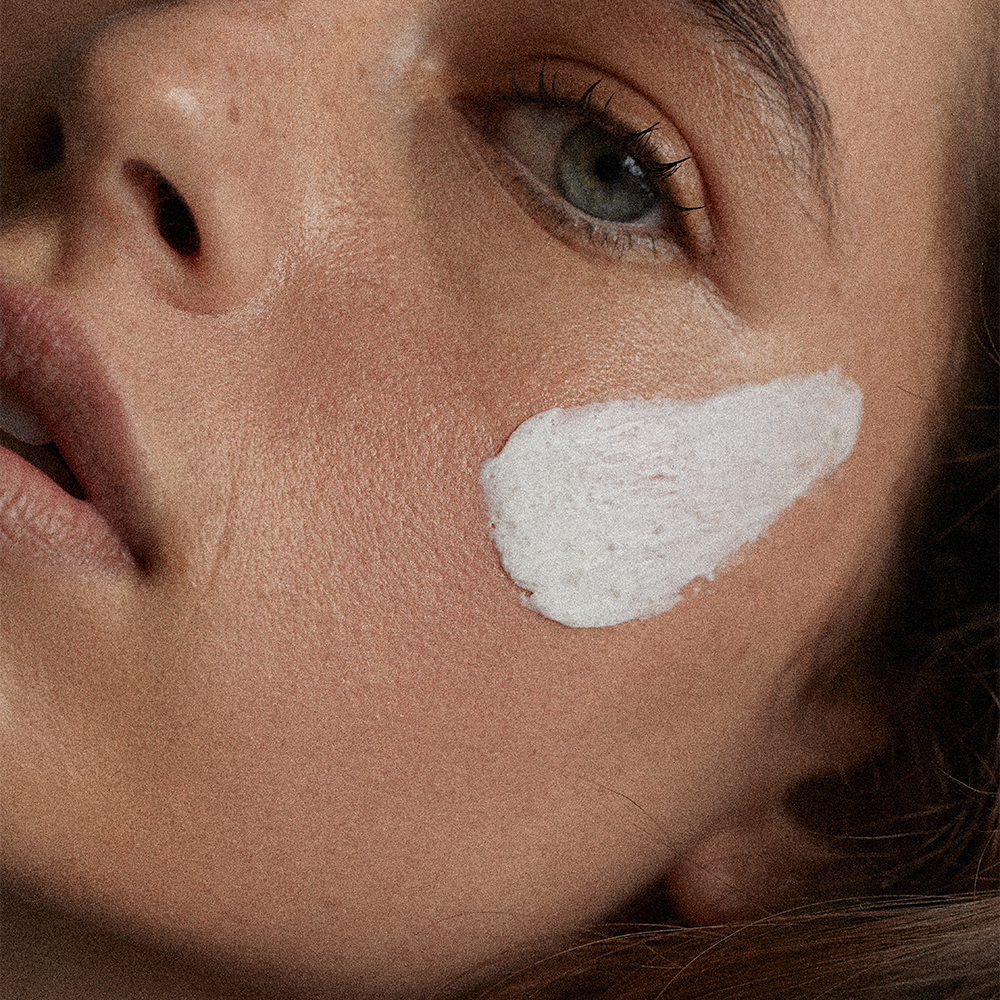
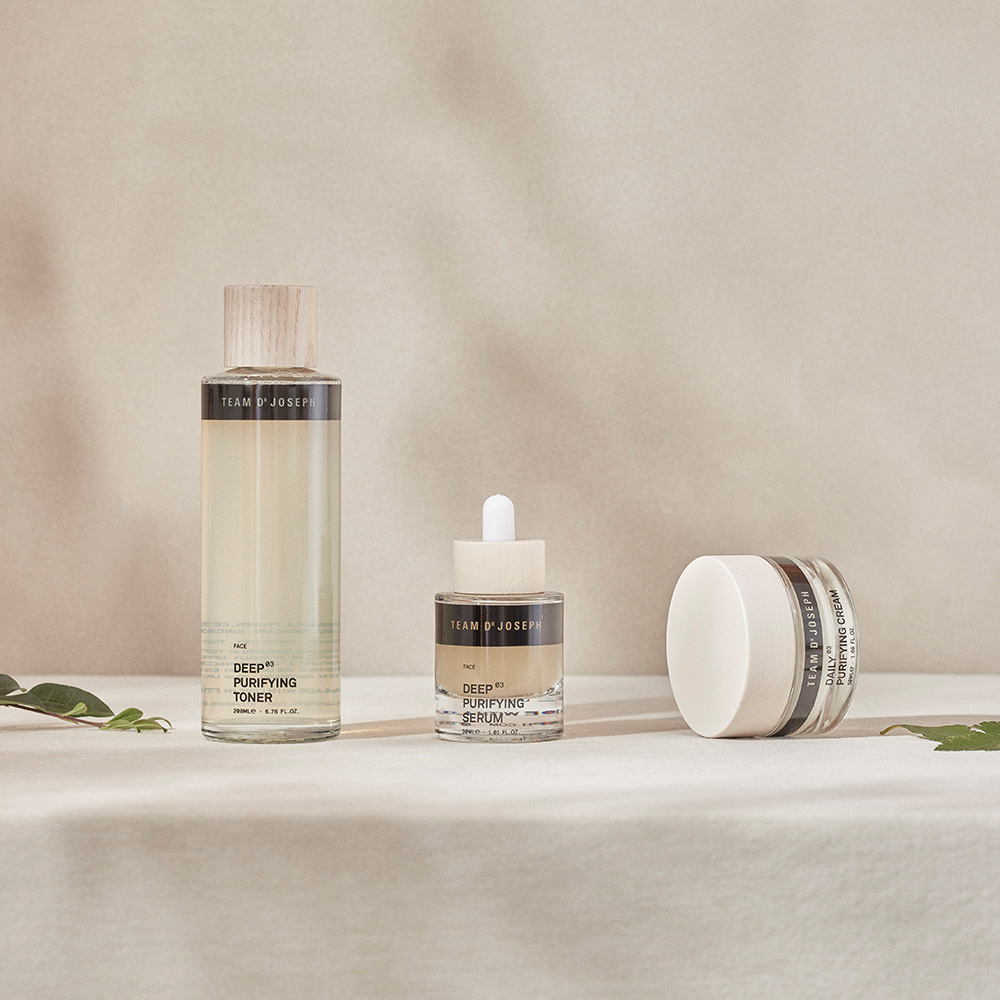
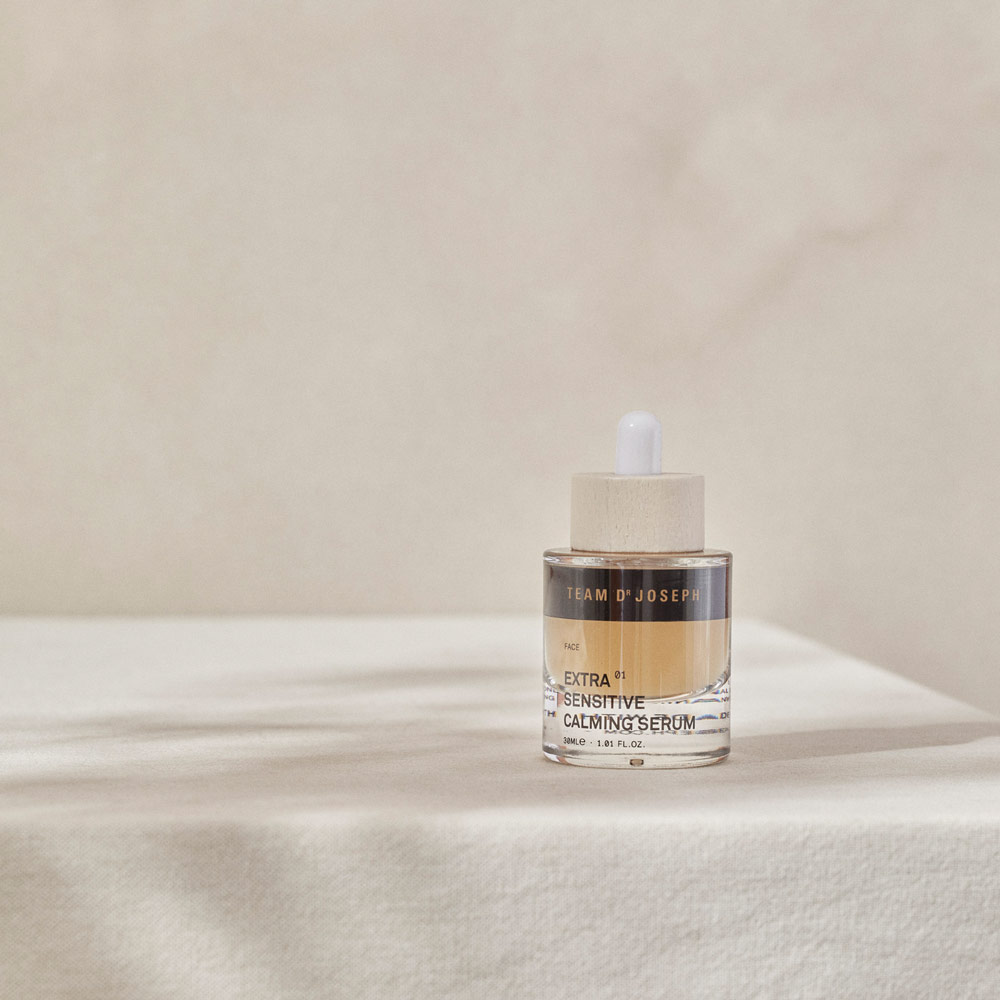
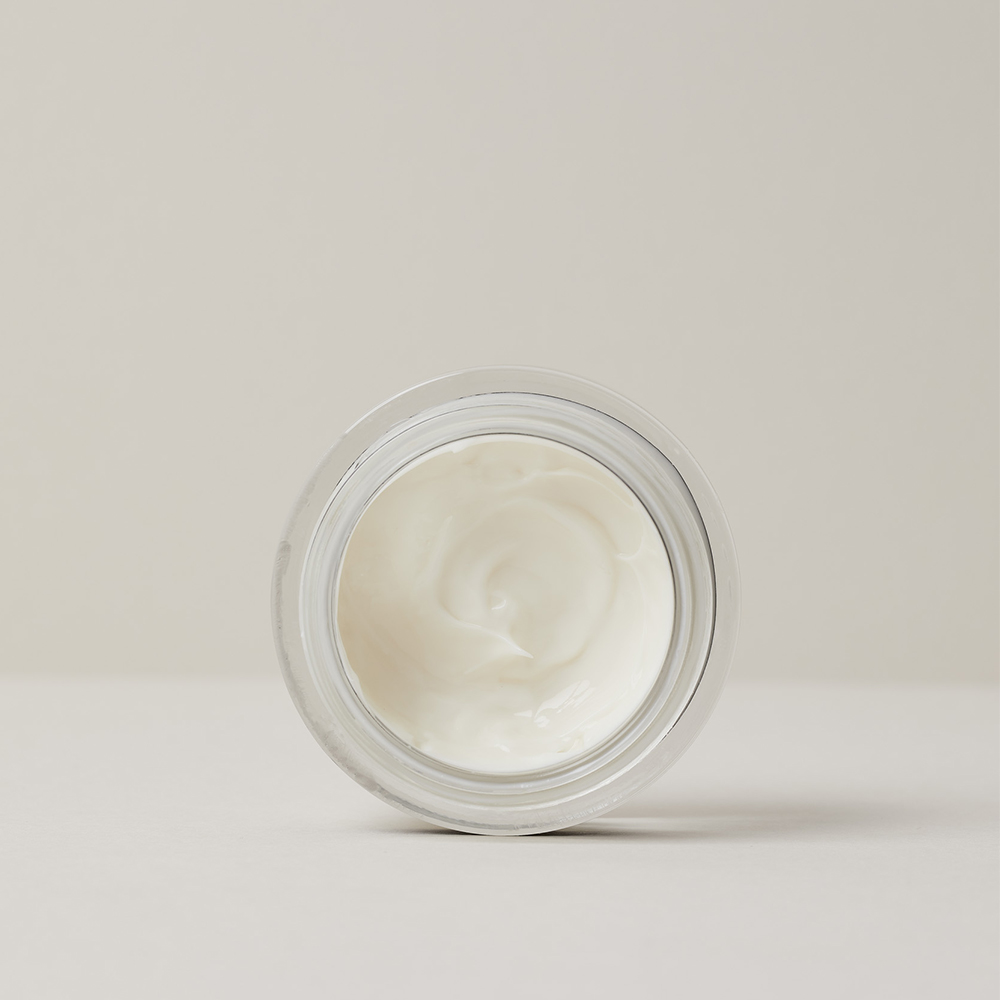
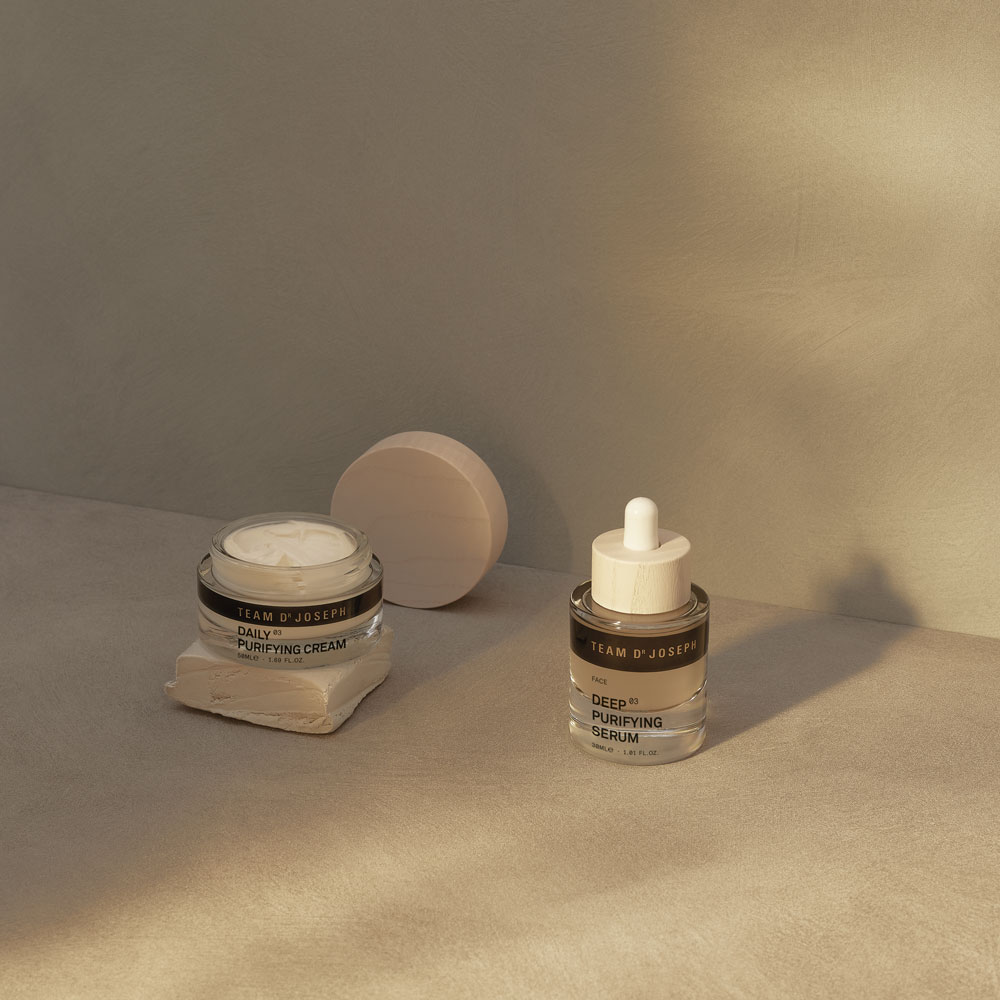

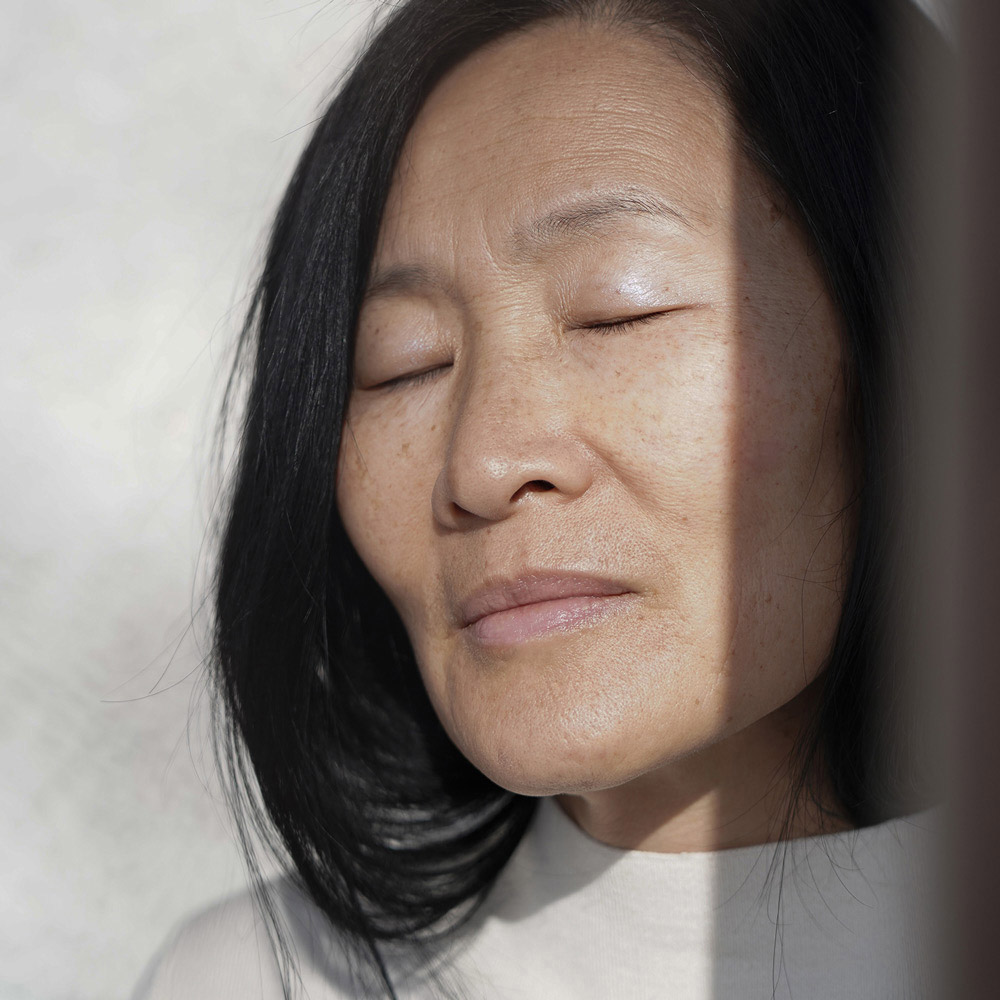
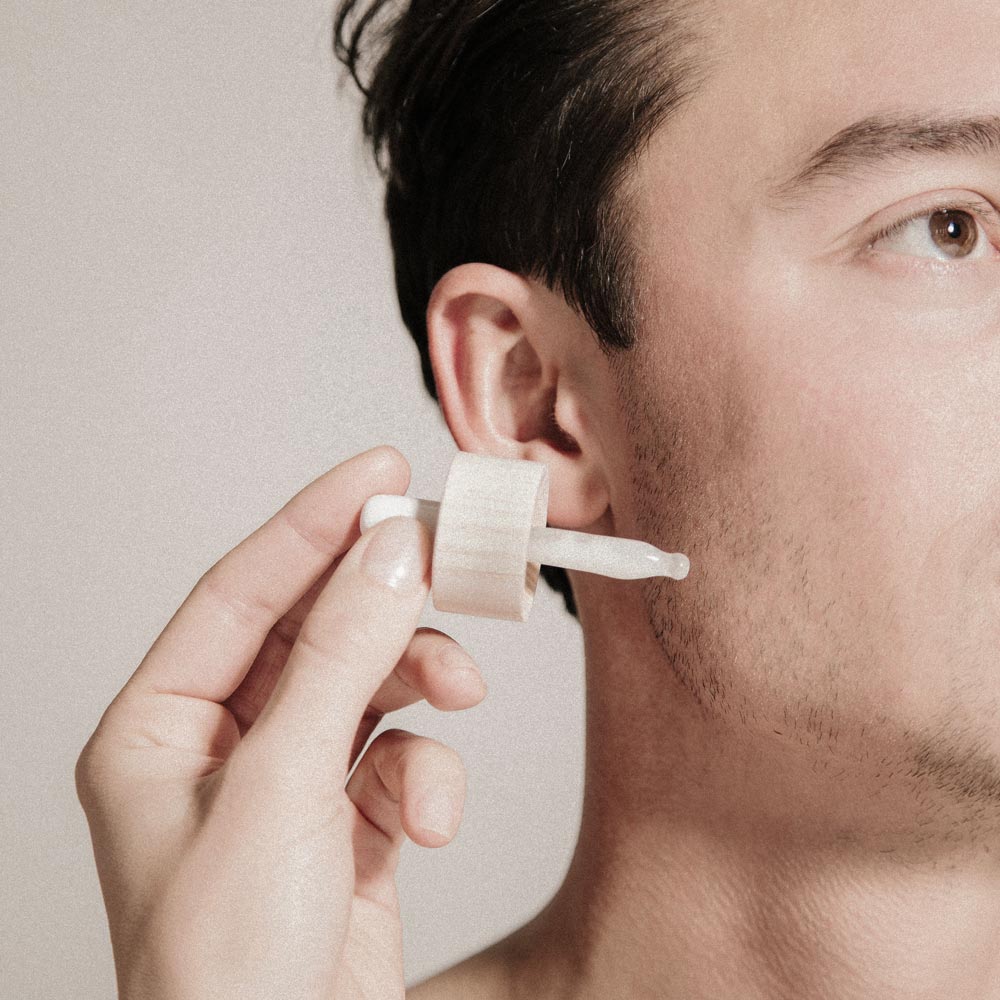

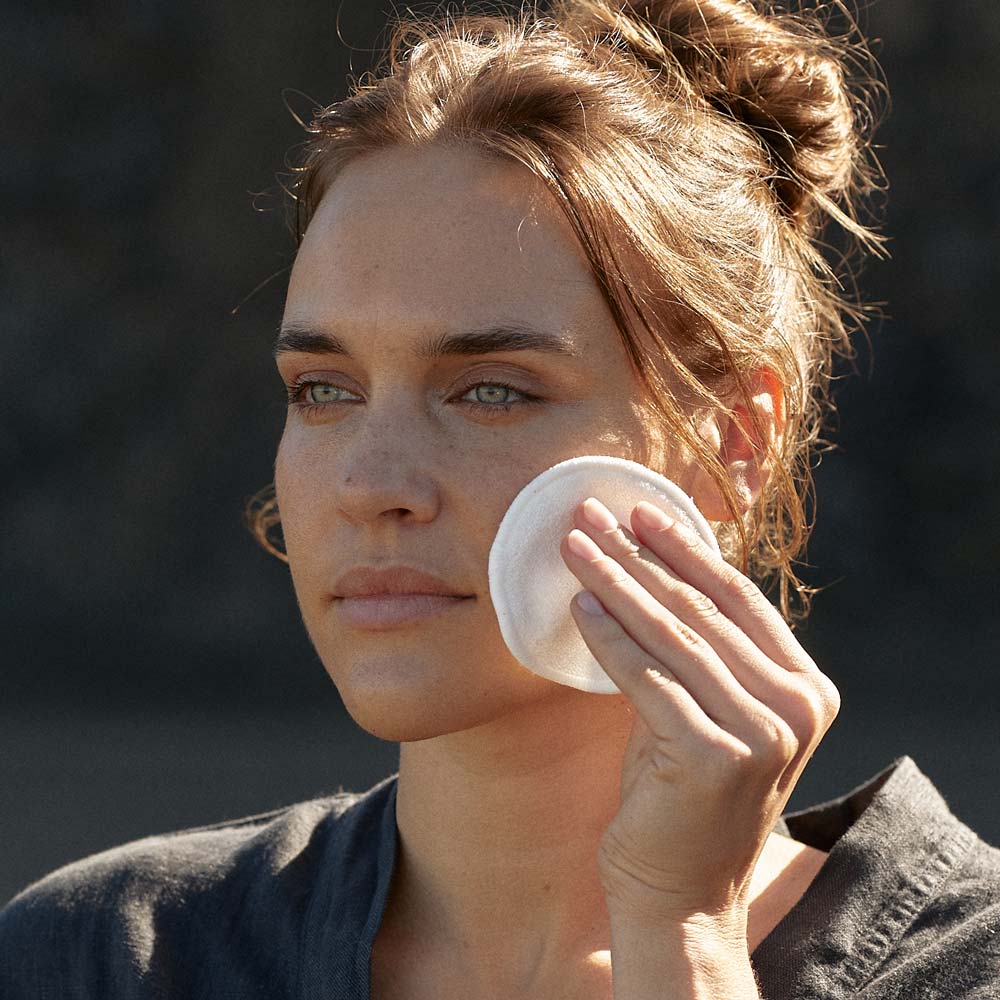
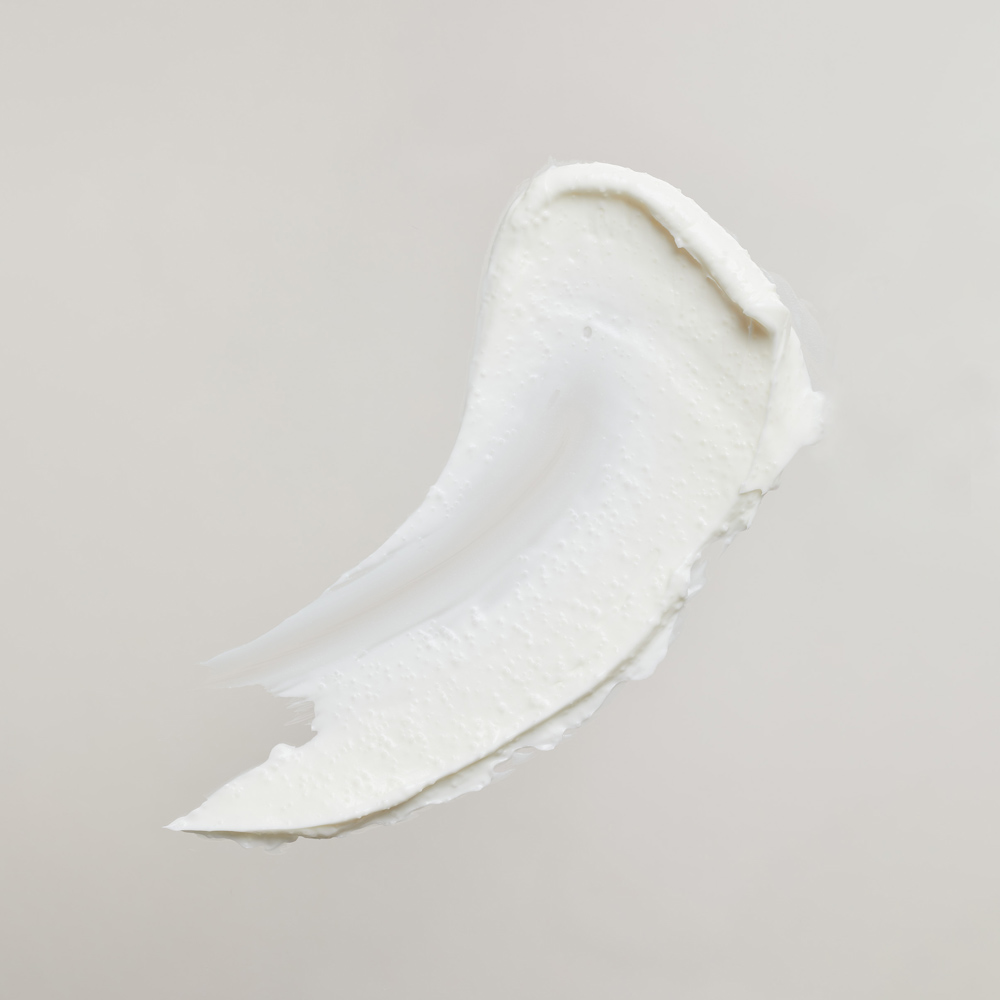
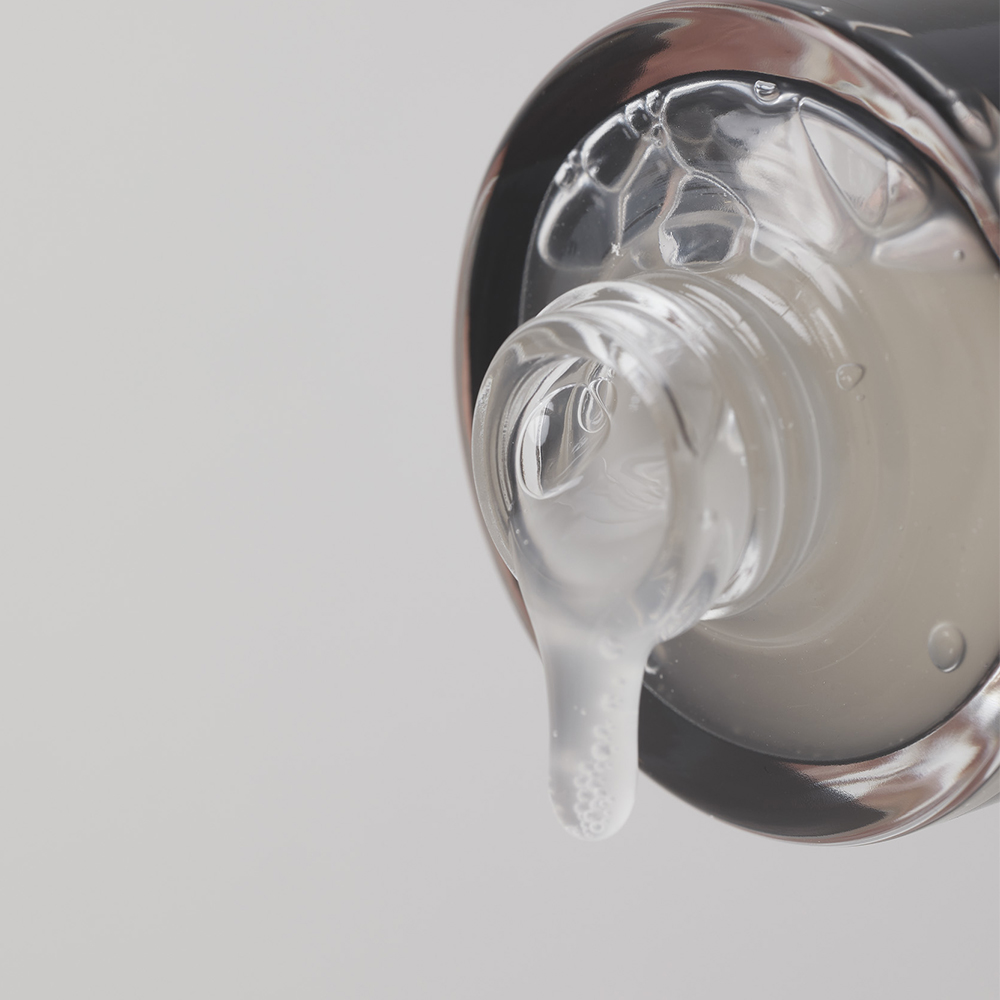
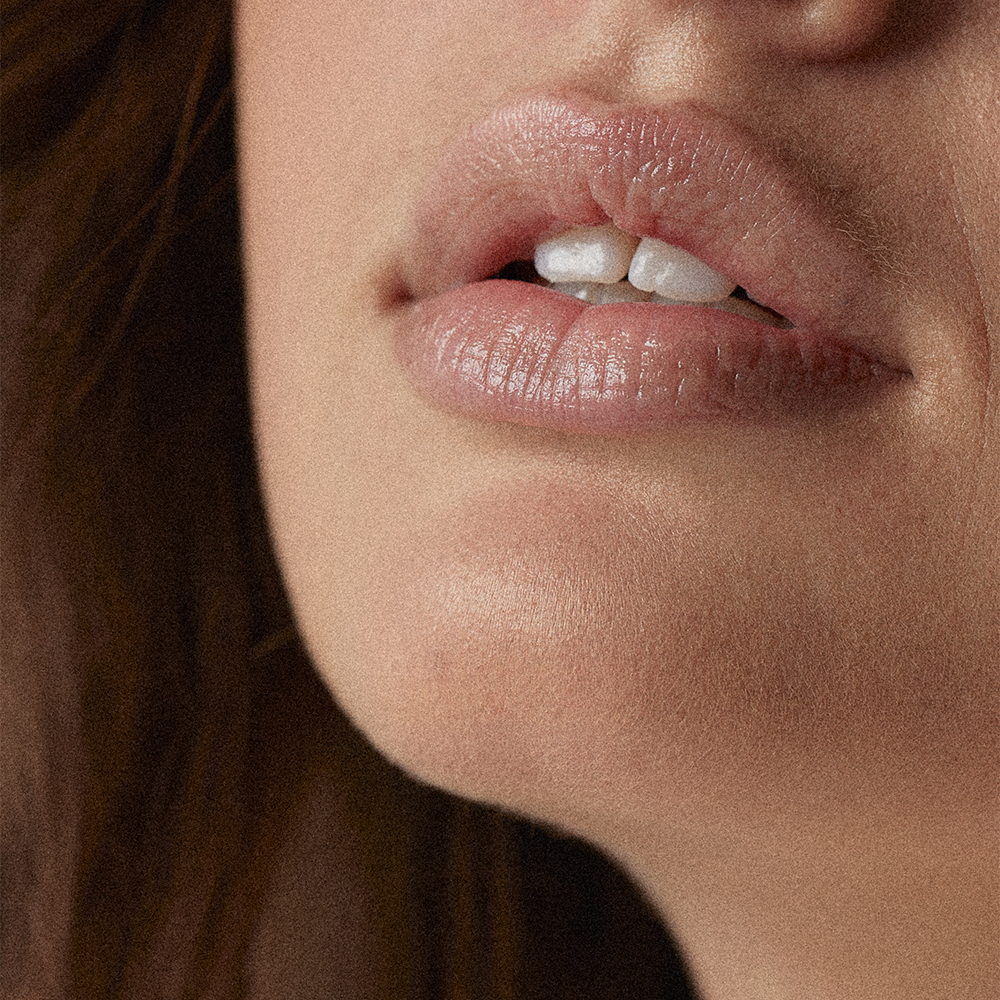
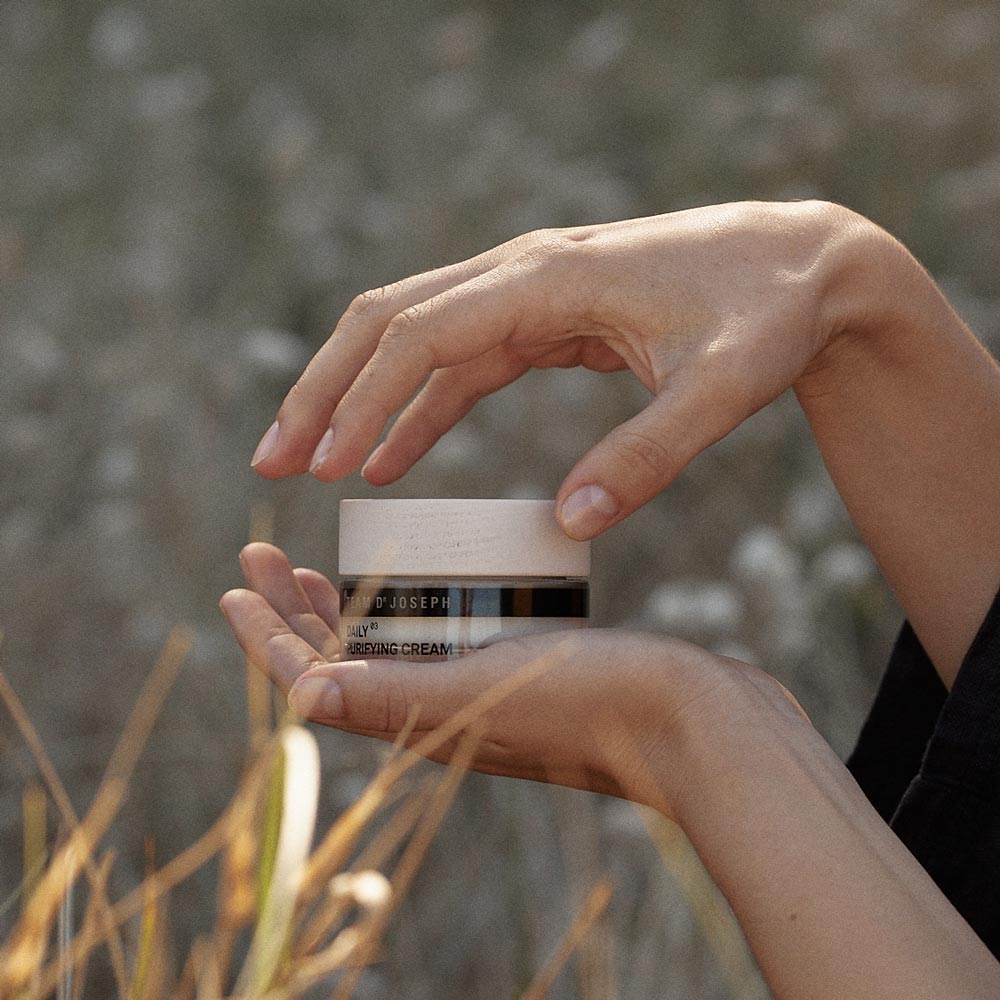
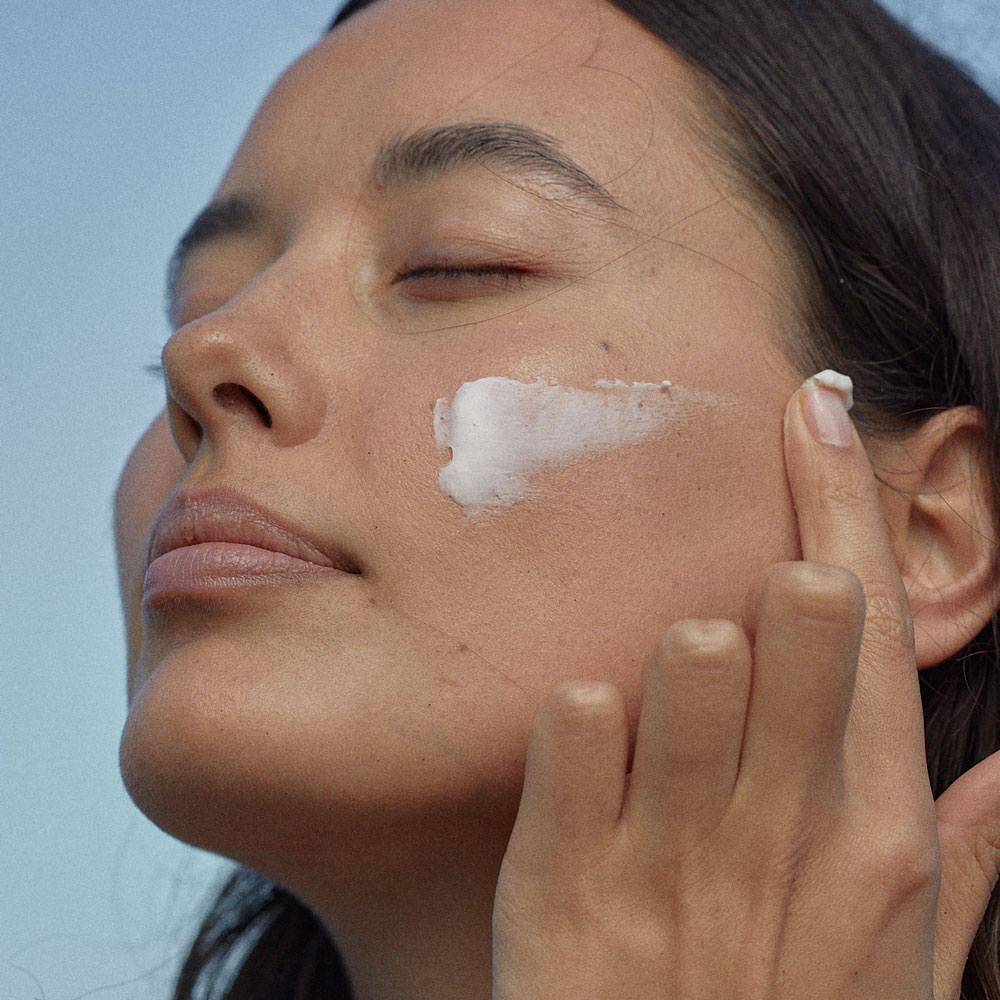


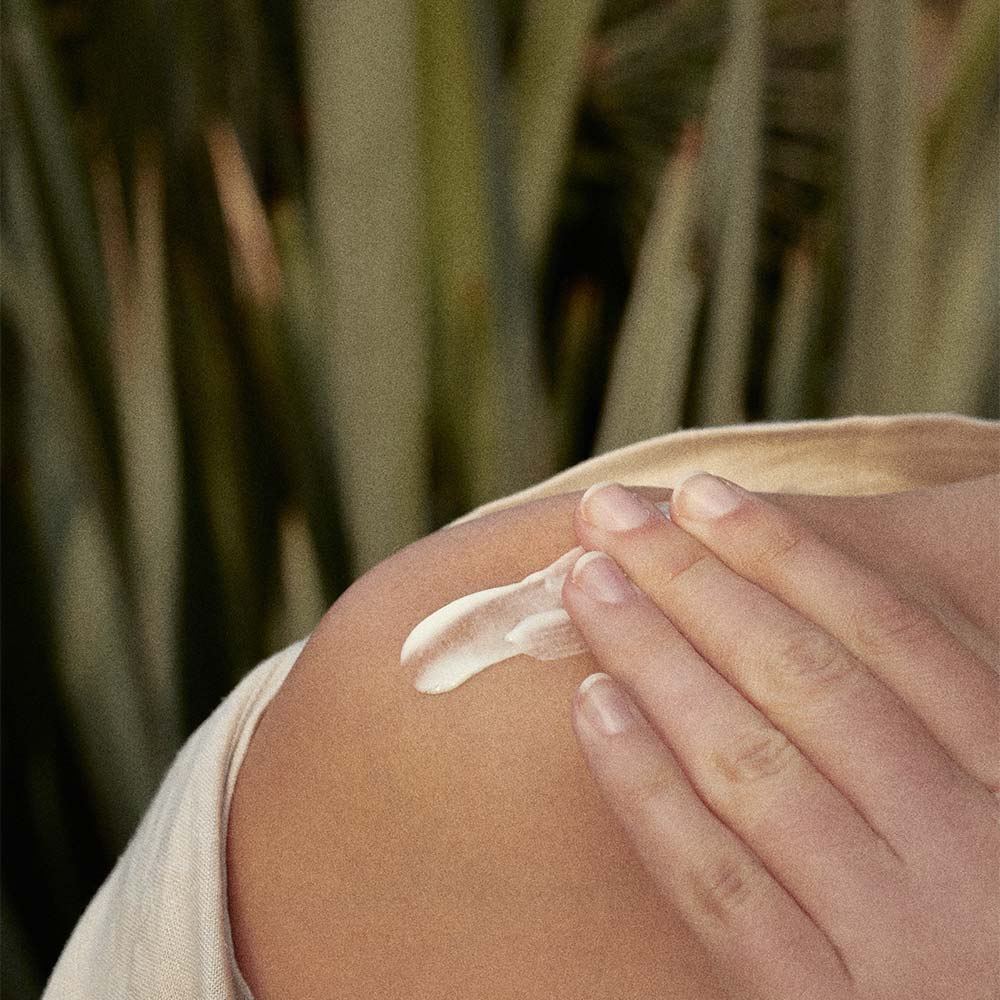

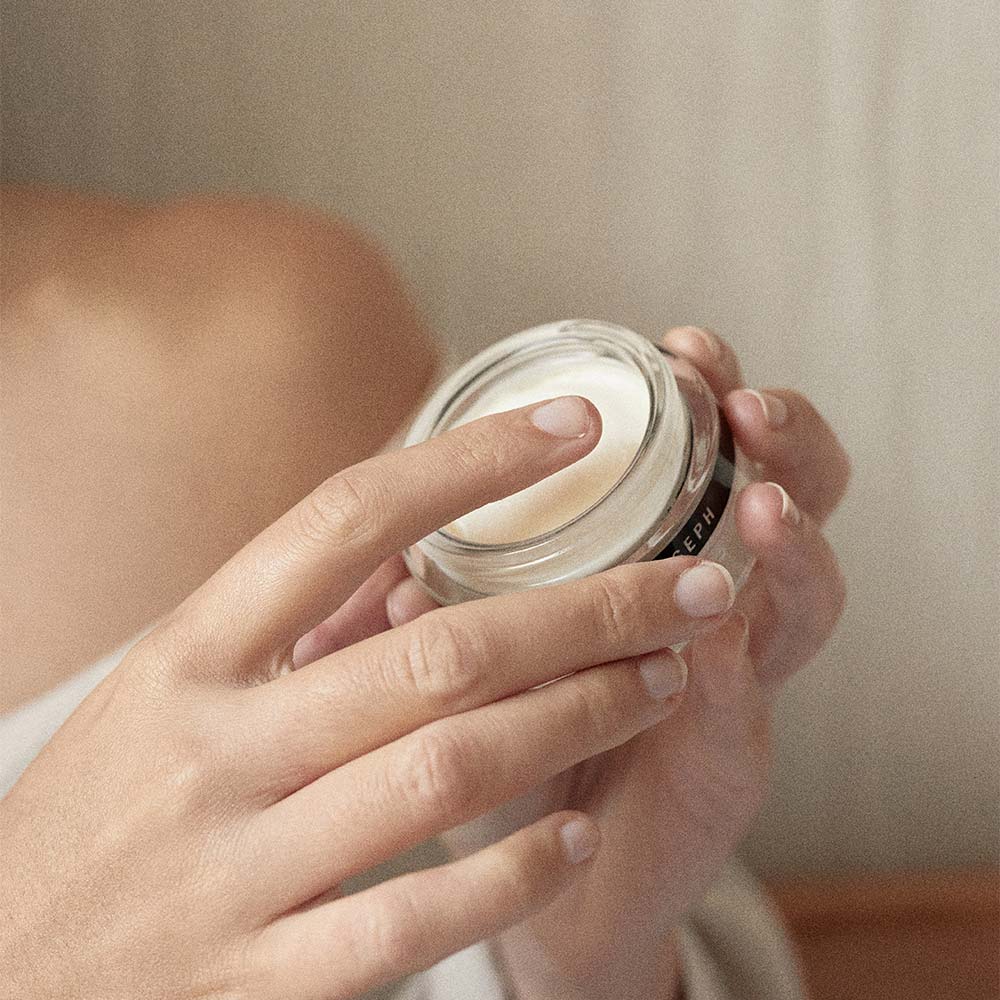

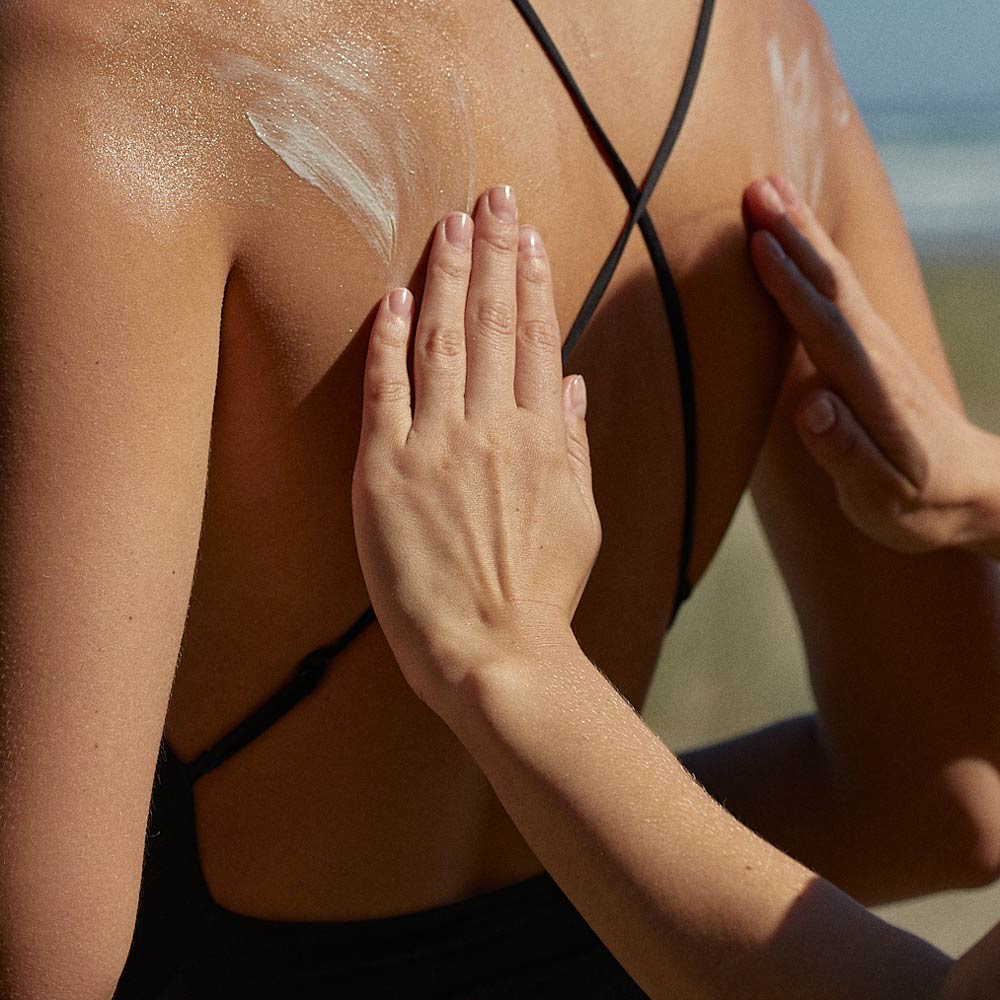










.png)

